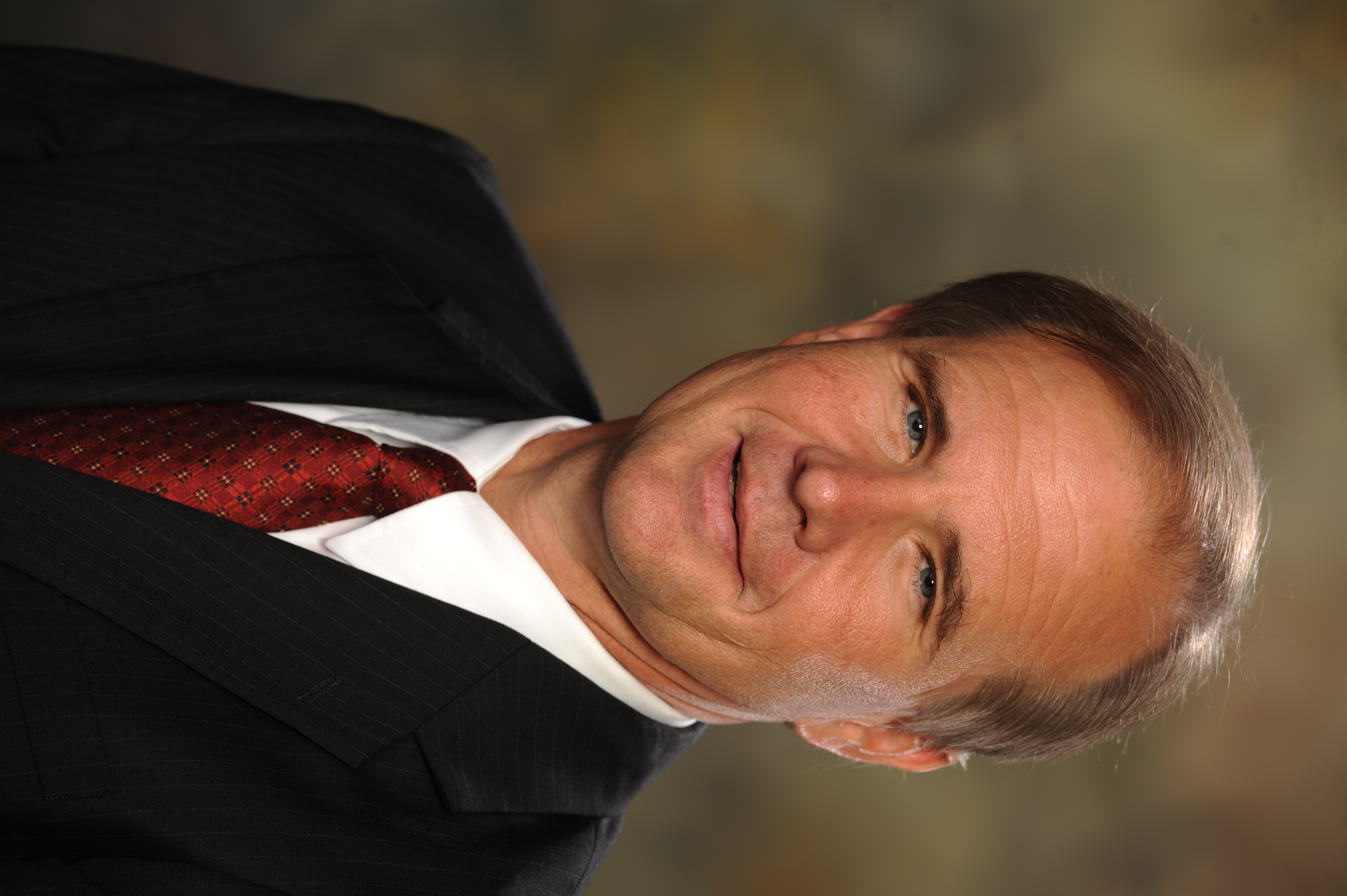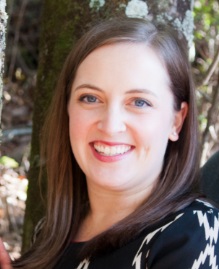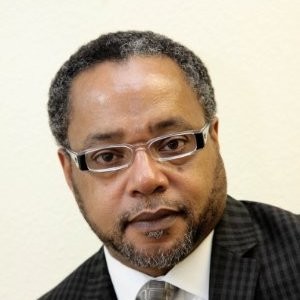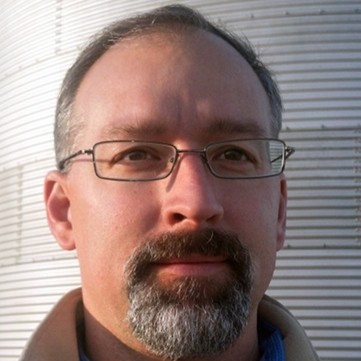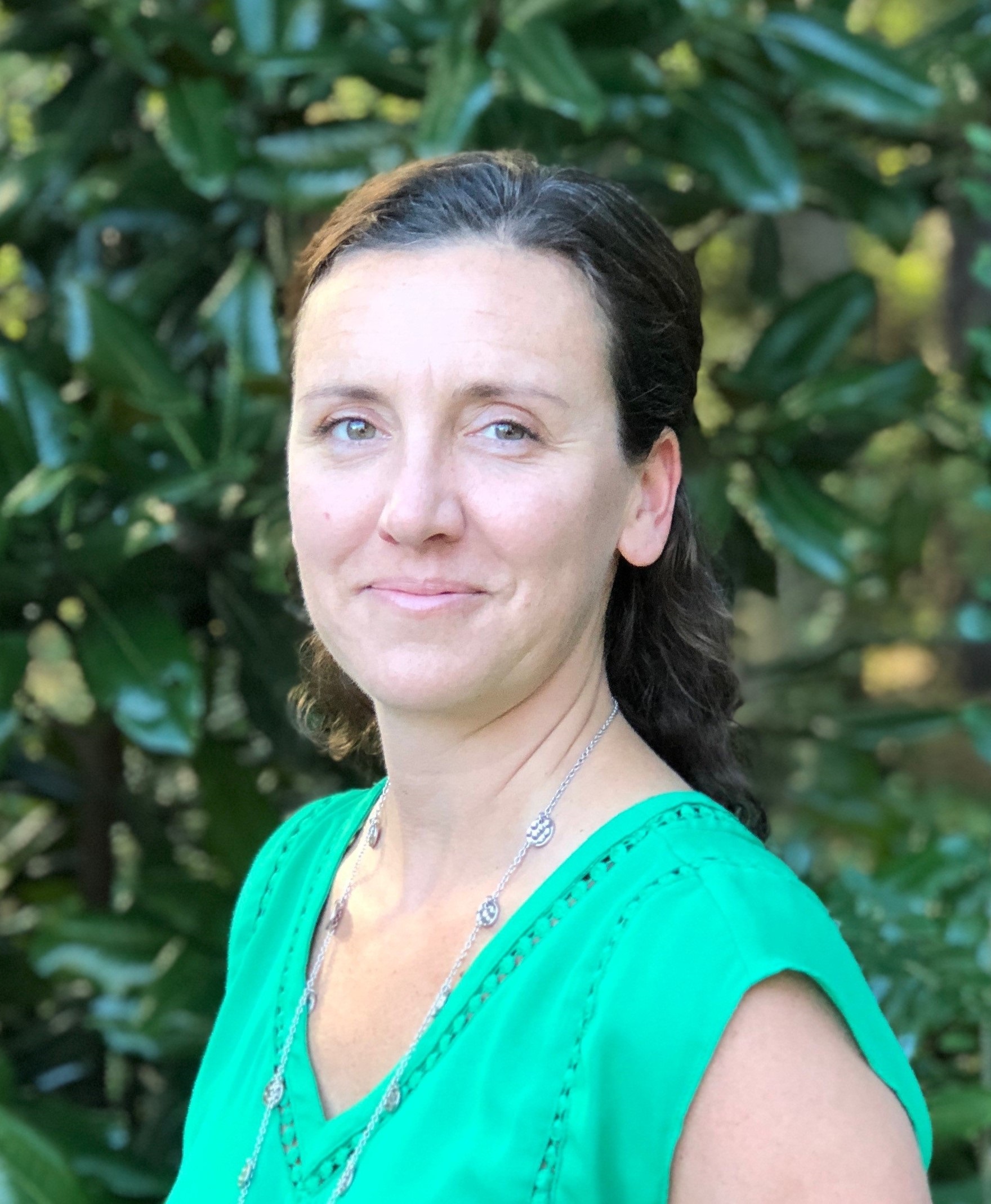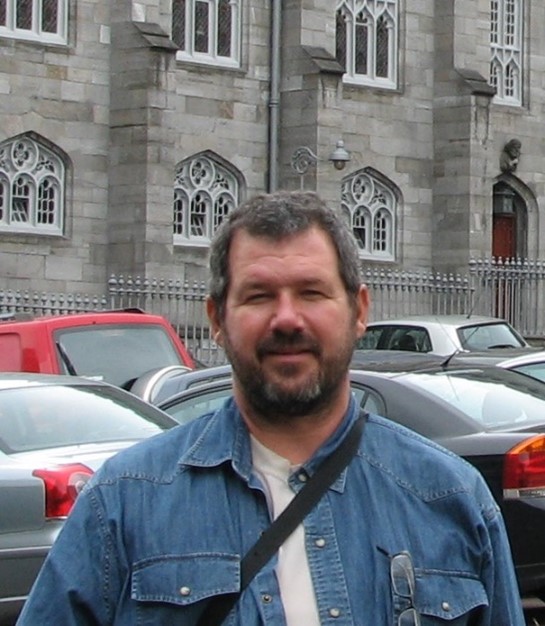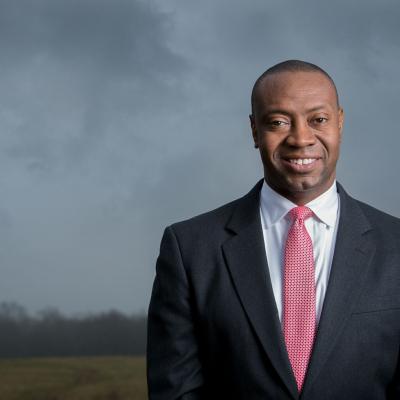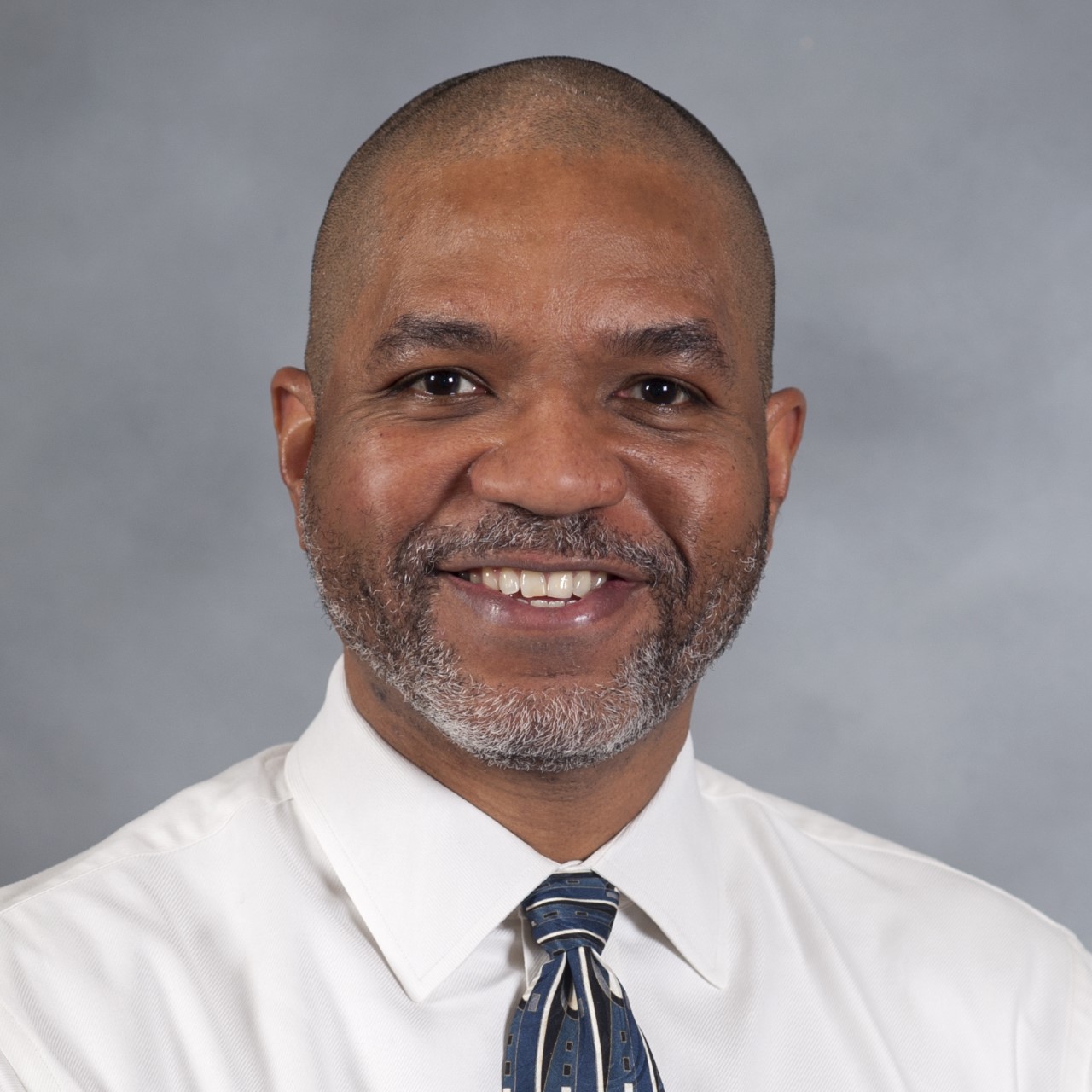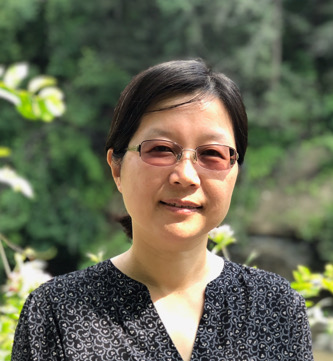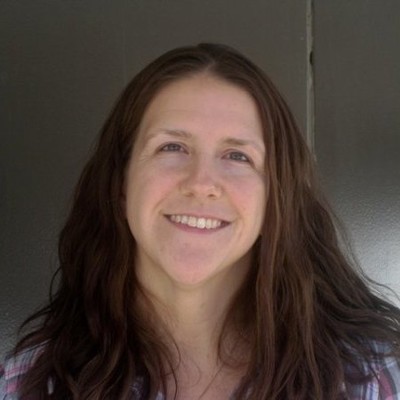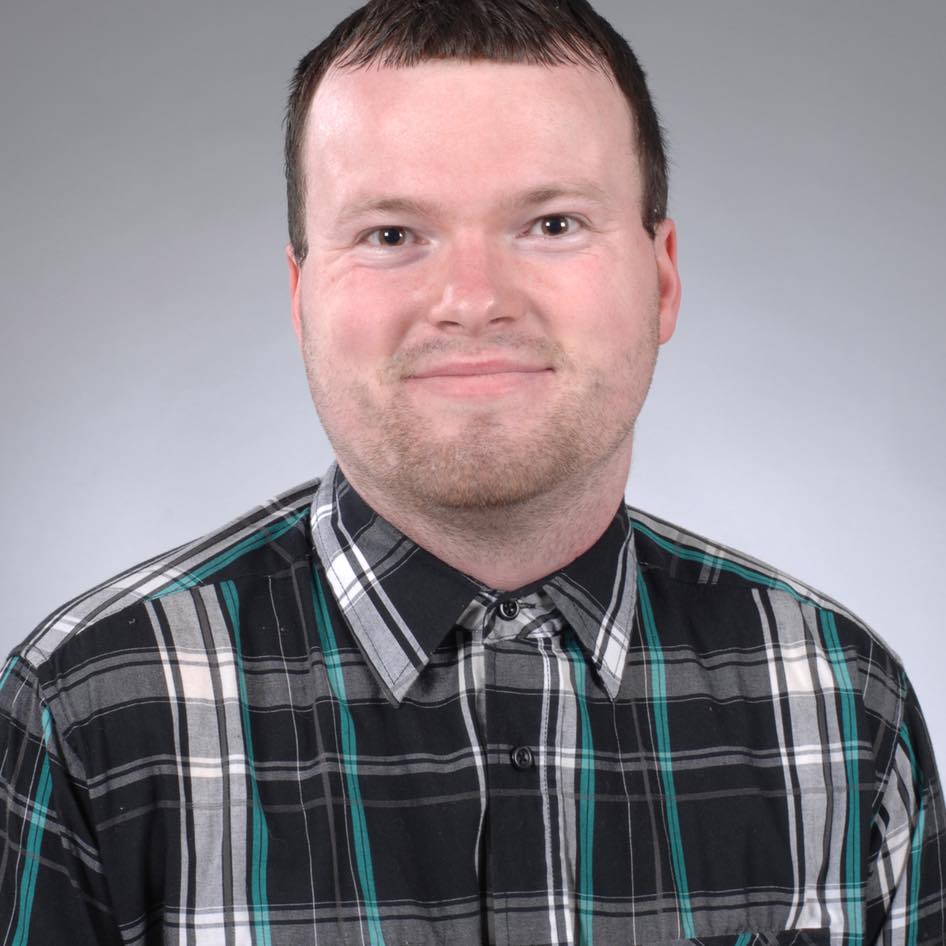Dr. George Flowers is a professor in the Department of Mechanical Engineering at Auburn University and the Dean of the Graduate School. He received the BME degree from Auburn University in 1984 and the MSME and Ph.D. degrees from the Georgia Institute of Technology in 1985 and 1988, respectively. He was an assistant professor with the Department of Mechanical Engineering at the University of South Florida, from 1988 to 1990. He joined the faculty of the Department of Mechanical Engineering at Auburn University in 1990 as an assistant professor and became a full professor in 2002. He became Dean of the Graduate School in 2008. His research interests are in the areas of dynamics, vibration, and control, with a focus on electronic packaging and electrical contacts. He is a Fellow of the American Society of Mechanical Engineering, an Associate Fellow in the American Institute of Aeronautics and Astronautics, and is the current Vice-Chair of the Operating Committee for the IEEE Holm Conference on Electrical Contacts.
Stefanie Christensen Francisco joined Conservation Alabama in 2014 and now serves as communications director for the organization, which lobbies the Alabama State Legislature on environmental issues. Previously, she worked in the national news media at CNN, Politico, and the PBS NewsHour. She graduated from the College of Charleston with a degree in political science and received a master's degree in rural sociology from Auburn University, where her research focused on the Deepwater Horizon oil spill. Before joining Conservation Alabama, she served as partnership coordinator at Mobile Baykeeper.
Dr. Richard Gragg is the President of the National Technical Association providing direction and incentives for minority students to pursue careers in science, technology, engineering and math since 1925. Professor Gragg teaches graduate and undergraduate courses in environmental toxicology and human health, environmental toxicology, environmental justice, and environmental ethics. Dr. Gragg is also the Director of the Center for Environmental Equity and Justice for the State of Florida. His research interests include: [a] ecosystem and human health impacts of light absorption by environmental contaminants; [b] environmental justice and policy; and [c] environmental health disparities. Dr. Gragg is a member of the Environmental Protection Agency's National Environmental Justice Advisory Council and its Health and Research Subcommittee. Dr. Gragg also serves as a member of the Board of Directors for Audubon of Florida and is Co-Chair of the Communications and Outreach Subcommittee, and the Florida Brownfields Association and is Co-Chair of the Environmental Justice and Public Health Subcommittee.
Dr. Brent Myers, Agronomist and Research Laurent at Corteva Agriscience currently works for Data Science and Informatics, DowDupont Agriculture. Brent does research in Soil Science, Environmental Science and Agronomy. Before joining Corteva, Dr. Myers was an assistant professor in the College of Agriculture, Food and Natural Resources at the University of Missouri and also worked for the USDA as a research soil scientist. His research includes the study of ERUs, high-resolution soil mapping units that can then be used to develop a variety of management zones for individual fields or larger tracts of land to provide growers with a better base on which to develop management programs, including nitrogen/fertility, water and seed.
Based in Mobile, Alabama, with the Mississippi-Alabama Sea Grant Consortium, Dr. Partyka uses her training in ecology and epidemiology to work closely with the public to research and explain complex environmental issues, particularly those relating to human health and environmental hazards. In her current role as an extension specialist she works closely with coastal communities and stakeholder groups to understand their needs and to share research that can improve their understanding of environmental impacts following disasters.
With a Ph.D. Biological Science, Dr. Phipps, Weeks Bay National Estuarine Research Reserve's research coordinator oversees the System-Wide Monitoring Program (SWMP) and coordinates visiting researchers, ensuring that students do not duplicate the studies of others. He also collaborates on research projects and conducts his own inquiries. His other duties include initiation of research addressing resource threats and management issues, facilitation of projects initiated by visiting researchers, assistance in writing the Weeks Bay Management Plan, promotion of the dissemination of Weeks Bay research through presentations to professional societies, state and national governmental organizations, schools and various other audiences and representing of Weeks Bay National Estuarine Research Reserve at the national level.
Dr. Marshall Shepherd is currently a key scientist in the newly formed UGA Institute for Resilient Infrastructure Systems. Dr. Shepherd is a leading international expert in weather and climate and is the Georgia Athletic Association Distinguished Professor of Geography and Atmospheric Sciences at the University of Georgia. Dr. Shepherd was the 2013 President of American Meteorological Society (AMS) and serves as Director of the University of Georgia’s (UGA) Atmospheric Sciences Program and Full Professor in the Department of Geography. An expert in meteorology, climatology, remote sensing, his specific research interests include hydrometeorological extremes, urban climate, climate risk/vulnerability, and science engagement.
Dr. Eric Tate teaches and conducts research in the areas of flood hazards, water resources, environmental justice, and social vulnerability, using geospatial indicators to explore interactions among environment and society. Dr. Tate earned a B.S. in Environmental Engineering from Rice University, an M.S. in Water Resources Engineering from the University of Texas, and a PhD in Geography from the University of South Carolina.
Dr. Hailan Wang is a meteorologist specializing in drought monitoring and prediction at the National Oceanic and Atmospheric Administration (NOAA)'s Climate Prediction Center (CPC). She leads and performs research and development at the CPC to develop new U.S. drought monitoring and prediction products as well as improve existing drought products. She also conducts climate research to understand causes, physical mechanisms, predictability, and model prediction of drought. Dr. Wang holds a Ph.D. in atmospheric sciences from the University of Illinois at Urbana-Champaign.
Dr. Caitlin Young is the science coordinator for the NOAA RESTORE Science Program where she works with the program's awardees to transfer research results to resource managers to promote a sustainable Gulf of Mexico. Dr. Young leads the science program efforts to synthesize environmental and human dimension research data available for the Gulf of Mexico to design funding competitions. She is a hydrologist and geochemist with a BS in Geology from Tulane University and a PhD in Geosciences from Stony Brook University. Her research focused on groundwater saltwater interactions, including submarine groundwater discharge and saltwater intrusion. Her ccollaborative research experience included working with local water authorities, local health departments, state water management districts and iinternational research and partnership with Mexican and Cuban partners to move towards a holistic ecosystem understanding of the Gulf of Mexico. She is based in New Orleans, Louisiana.
Mr. Casey Zuzak is a geographer specialized in economic loss modeling, natural hazard risk, and differential impacts from natural hazards. He has worked at FEMA for 10 years supporting multiple large scale response events and mlitigation. He is currently working in the Risk Management Directorate within the Federal Insurance and Mitigation Administration (FIMA) under the Office of Resilience. HAZUS is a created program under the FEMA HQ Risk Management that has the goal to provide risk assessment data, tools, analyses, and methodological guidance to support FEMA programs and partners in the development of risk communication for all phases of emergency management.
Dr. Larry Collins is an affiliate advisory board member to the AU NRT Program. He is a Lecturer and Environmental Education Center Coordinator at Longwood University in Farmville, VA. Dr. Collins also teaches courses in environmental science, while maintaining a research program in climate change education.
